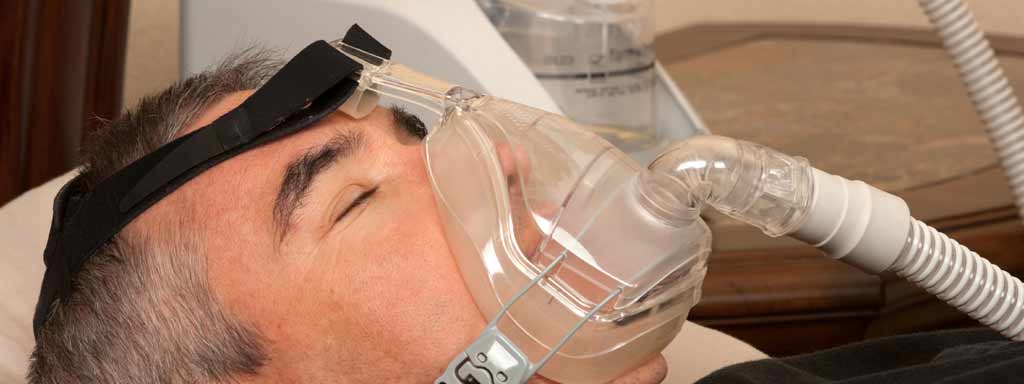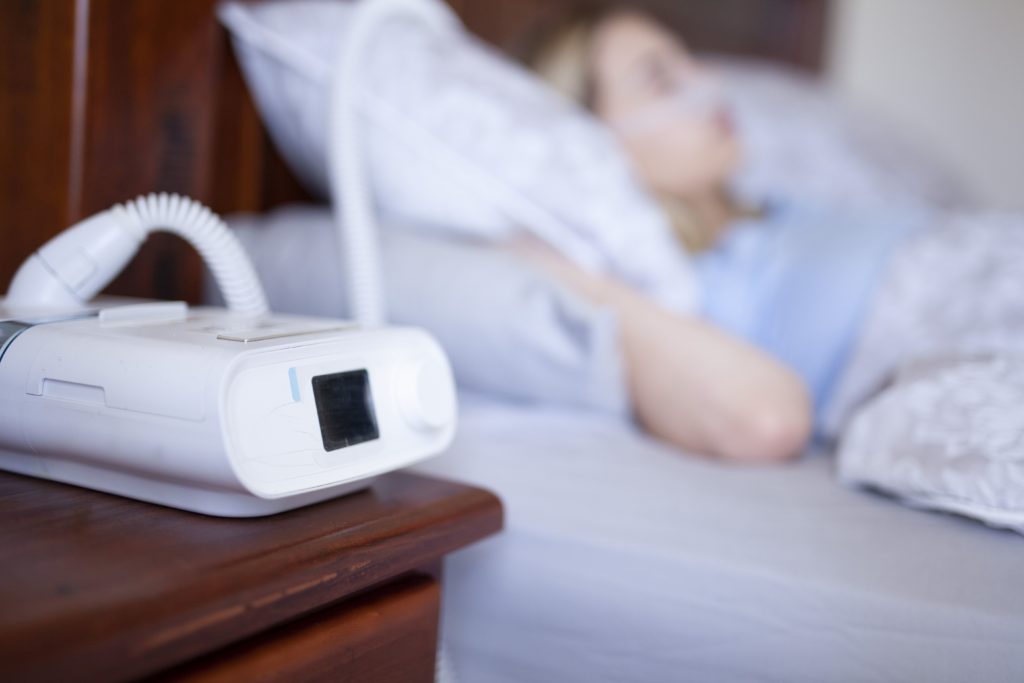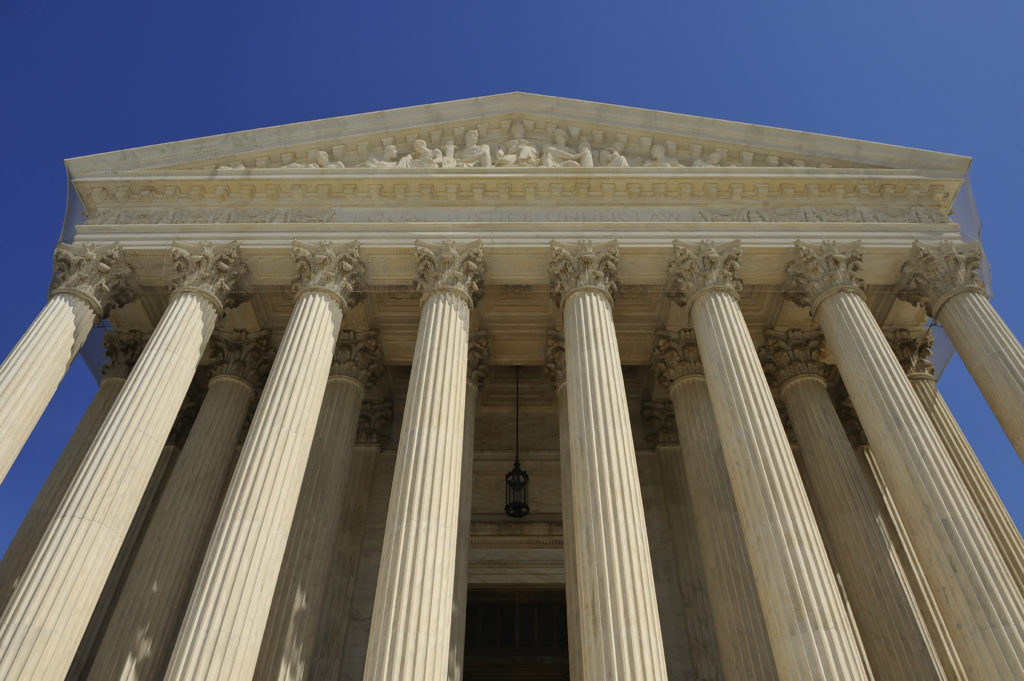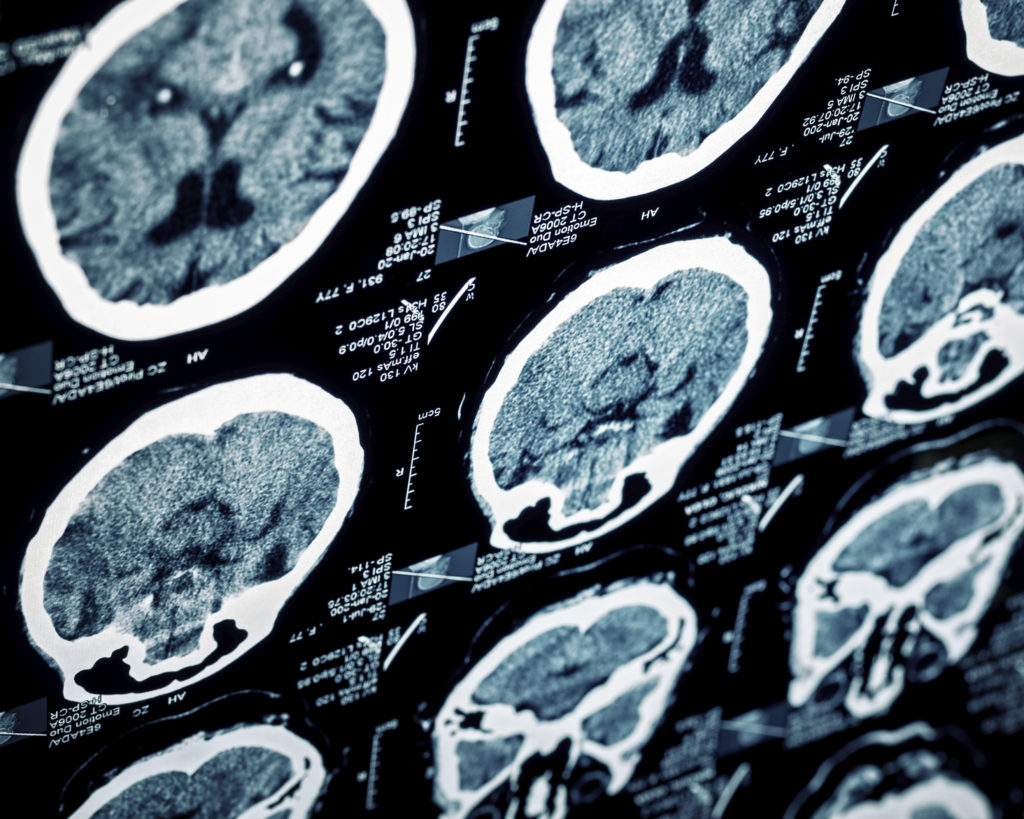
What is CPAP and BiPAP?
A CPAP (Continuous Positive Airway Pressure) is a machine that was designed to treat breathing disorders, such as sleep apnea. The CPAP machine is usually used at night while a user sleeps. The machine pushes air through a user’s nostrils, allowing their airways to remain open. This process helps to prevent snoring and ensures that a user continues to breathe the entire time they are sleeping.
A BiPAP (Bi-Level Positive Airway Pressure) is a similar machine that was designed to treat breathing disorders. The major difference is that while a CPAP’s main purpose is to aid the user in inhaling, a BiPAP assists with both inhaling and exhaling. Many BiPAP machines will monitor the breathing of the user and activate if it detects the user is not breathing or their breathing falls to an unsafe level.

CPAP and BiPAP Recalls
Philips announced a mass recall of 14 models of CPAP and BiPAP machines on June 14, 2021. The machines created by Philips contain a polyester-based polyurethane foam that is used to reduce the amount of noise that the machine makes. However, over time, the foam breaks down into small particles that are then ingested into the user’s airway. These particles have been found to cause cancer in CPAP and BiPAP users, including lung, larynx, liver and pancreatic cancer. These particles also cause asthma, acute respiratory distress syndrome (ARDS) and reactive airway disease (RAD).

The Current Status of Litigation
Since the recall of the products, the number of lawsuits filed against Philips has been steadily increasing. With only a few hundred lawsuits filed but over 3.5 million machines sold between 2009 and 2021, more lawsuits are expected. As of November 2021, every CPAP and BiPAP lawsuit has been consolidated into a multidistrict litigation (MDL) based in Pennsylvania. Courts often consolidate lawsuits into an MDL when many plaintiffs file cases in various courts against a single defendant. Consolidating the cases before a single judge makes the process more efficient and prevents avoidable delays in litigation.
Typically, defendants in a case such as this one would vigorously deny that they caused any harm. However, Philips does not contest any wrongdoing here. In fact, Philips announced their plan for a “repair-and-replacement” program in which they plan to replace the defective products with a safer, silicone-based alternative foam. A major issue that has been at the center of the FDA’s investigation into Philips is whether they knew of the issues earlier than they recalled the product. The investigation has uncovered some internal emails that show the company could have been aware of the harm the foam caused as early as 2015.
With this news, plaintiffs contend that Philips CPAP and BiPAP machines have caused them tremendous amounts of harm by causing cancer and illness. Because the evidence shows that Philips was aware of the potential harm, they failed in not issuing warnings to users of their machines earlier than they did. Plaintiffs in these cases hope to recover compensation for medical bills, emotional distress, and lost wages.
As of March 2022, the FDA has called out Philips, claiming that their recall of the defective products was grossly inadequate because they did not do a good job of warning users of the recall. Politicians have given attention to this issue as well. Senator Richard Blumenthal and General William Tong, the Attorney General of Connecticut, have put pressure on Philips to fix the issues they have created. This pressure will likely result in Philips offering more money in a settlement.

What Cancers Likely Qualify for a Lawsuit?
While it is early in CPAP litigation and other cancers may be linked to Philips CPAP and BiPAP products, this is a current list that experts suspect could be caused by the products:
- Breast cancer
- Brain cancer
- Lymphatic cancer (including non-Hodgkin’s)
- Leukemia
- Bladder cancer
- Prostate cancer
- Liver cancer
- Testicular cancer
- Multiple myeloma
- Hematopoietic cancer (immune cell)
- Lung cancer (and lung injuries generally)
- Thyroid cancer
- Nasal cancer
- Stomach cancer
- Acute Respiratory Distress System (ARDS)
- Papillary carcinoma
- Reactive Airway Disease (RAD)
- Heart Attack
- Heart Failure
- Chemical Poisoning
- Pleural Effusion
Philips CPAP and BiPAP Compensation
No settlement agreements have been reached at this point, so there is no way to anticipate how much injured parties will be compensated. Compensation depends on several factors, including the severity of the plaintiff’s injuries.

Contact an Experienced CPAP Lawyer
If you or a loved one suffered injuries as a result of using Philips CPAP and BiPAP machines, you may be able to receive compensation for your lost earnings, medical bills and pain and suffering, among other losses. Our firm works with experienced CPAP Lawyers across the nation, who are ready to talk to you about your case. Call us toll-free at 1-800-992-6878 or fill out an online contact form for a free (no obligation) case evaluation


